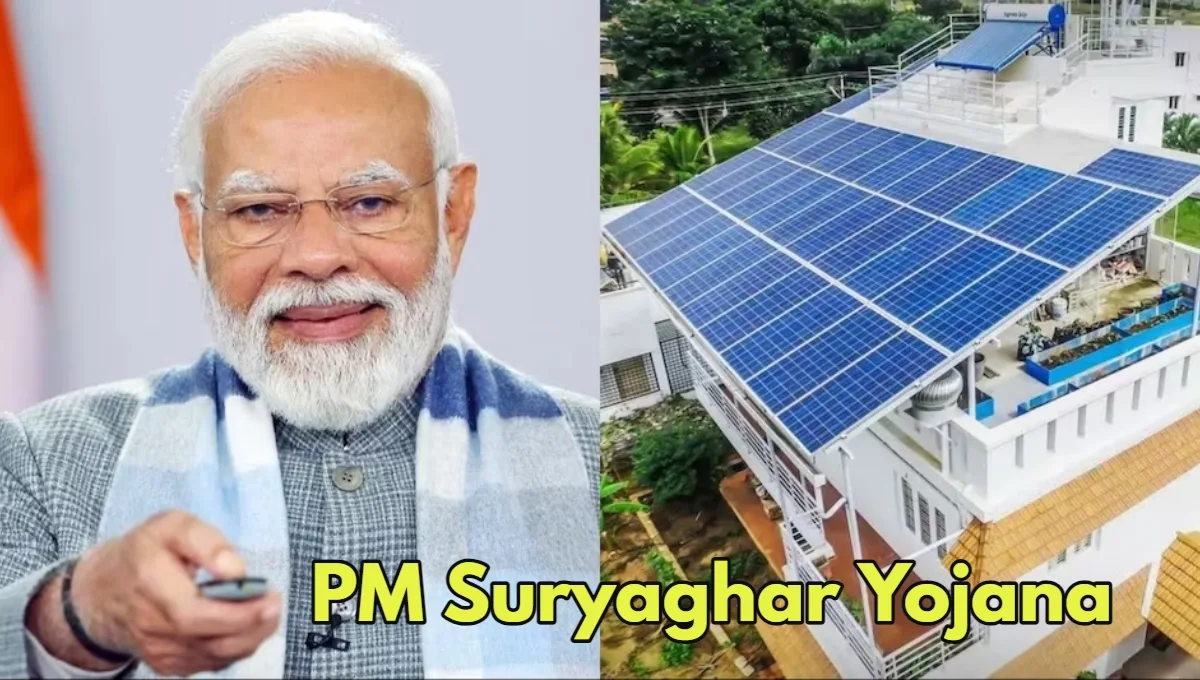Many people are currently embracing various schemes to save on their electricity bills, and a popular choice is the installation of solar panels in homes. By opting for solar panels, individuals can eliminate their electricity expenses. The Government of India supports this initiative by offering assistance for solar panel installations through the Pradhan Mantri Bijli Yojana, which includes subsidies for homeowners.
Recently, the government has introduced two new financial models within this scheme. The exciting aspect of these models is that consumers will not need to pay anything upfront for the installation of solar panels on their rooftops.
In the utility-based aggregation model, electricity distribution companies (Discoms) and state-run firms will handle the installation of solar panels in consumers’ homes, and they will collect payments from the consumers afterward. This means that the consumers do not have to bear the initial cost of the solar panel installation, as the Discoms or state-run firms will take care of it.
Additionally, under the Pradhan Mantri Suryaghar Yojana, subsidies are available for homeowners who install solar panels on their rooftops. The subsidies are as follows: Rs 30,000 for solar panels up to 2 kW, Rs 48,000 for panels up to 3 kW, and Rs 78,000 for panels exceeding 3 kW. This financial assistance from the government helps to make the installation of solar panels more affordable for homeowners, encouraging them to adopt this renewable energy solution.
